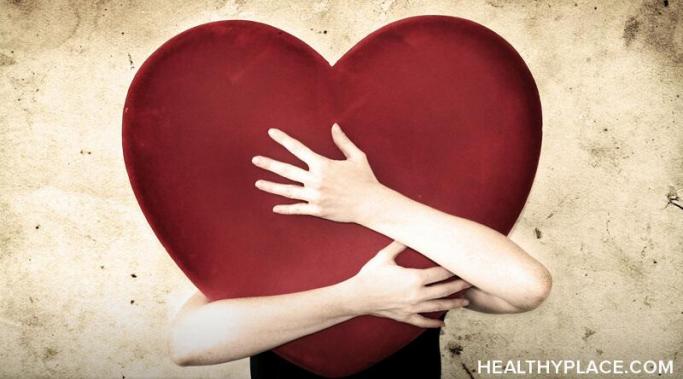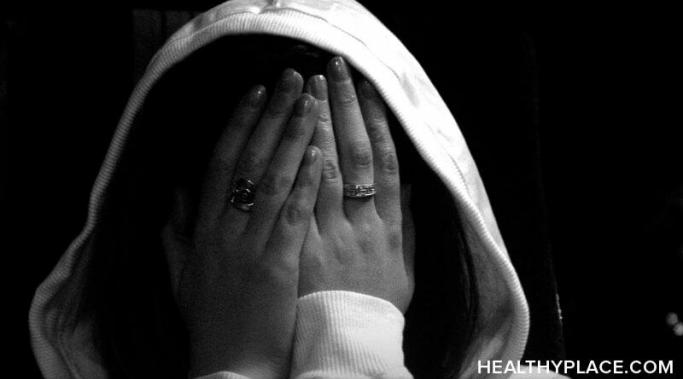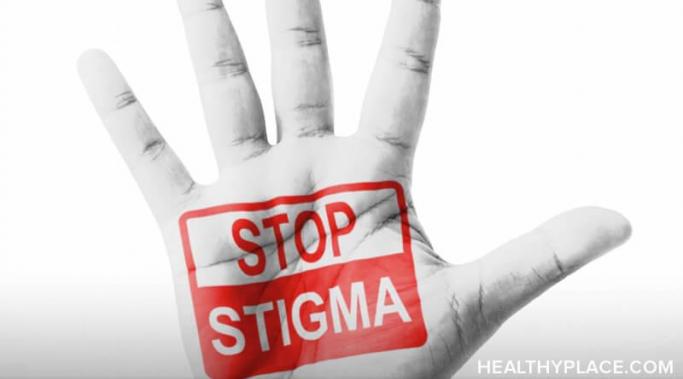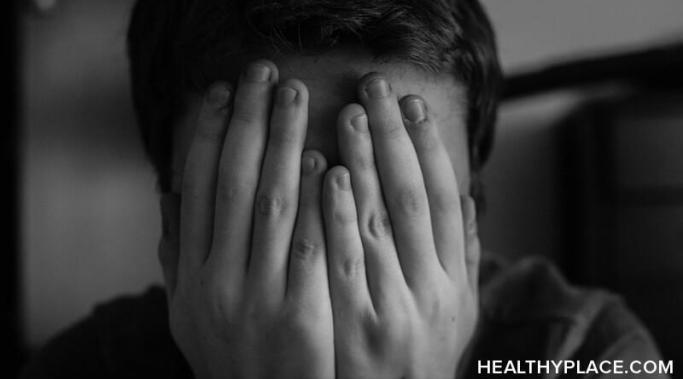It's a common assumption that depression affects those who aren't strong enough, also known as people with depression are weak. What's worse is when people with depression themselves blame their lack of strength for being the reason they are depressed. But the truth is that depressed people are strong, not weak.
Depression Stigma and Self-Stigma
Many of us who are diagnosed with depression struggle with loving ourselves. We might feel the sting of stigma, whether it's from others, from within us, or from a combination of both. As individuals with depression, some of us deal with negative thoughts, which can make it difficult to foster feelings of love towards ourselves. How can we overcome these challenges and learn to love ourselves?
Why might someone coping with depression develop a tough exterior? Is fostering a tough exterior a good way to cope with depression? Let's explore these ideas.
Depression makes me feel ashamed because it has a way of blurring the distinction between our symptoms and our character. When I get irritated by a comment, is the depression making me oversensitive or did I just not like the comment? When I decide to stay home instead of going out, is it the depression causing me to isolate myself, or do I just feel like staying home? And regardless of whether or not it is the depression, why do I feel so ashamed?
I have a plan to avoid another suicide attempt that came from living with major depression. But it's taken three years since almost losing the war against depression to get it together. I'm so thankful to say that I'm still here and that my suicide attempt failed. That "failure" turned out to be one of my greatest victories. I couldn't see it then, but I certainly see it now. The following thoughts are some reflections on the past three years of my life. (Note: This post contains a trigger warning.)
If you were to ask most people what someone with depression looks like or how someone who has depression might behave, they would likely respond by saying things like, "sad," "crying," "miserable," or "gloomy." While those of us with depression feel these emotions and exhibit these behaviors at times, they certainly don't encompass all that we are. People with depression feel many things over the course of their lives, and it's time to end the stigma and remove the stereotypes associated with depression.
I've been rereading "A Christmas Carol" by Charles Dickens, and it has occurred to me that depression brings its own ghosts of the past, present, and future. Just as Ebenezer Scrooge had to confront his ghosts, so must we.
Comforting ourselves as we cope with depression is an important skill. While others may offer us comfort and want to help, they are often unable to truly do so. Only we understand our own needs for comfort completely, and we need to work towards being able to meet these needs. It's a process, though, so don't feel rushed.
There are many feelings of depression. Yes, there is a feeling of sadness, but there are also other feelings, too. These feelings may include numbness, anger, irritability, extreme tiredness, stress, worthlessness, and guilt. These are typical feelings for someone with depression, yet we shouldn't ignore these feelings nor wallow in them, either. So, how can we cope with these feelings of depression in a healthy way?
Suicide attempts are not all the same. The people behind them are not all the same. While much is said about those who attempt suicide with sincere conviction and commitment, there is a large and mostly silent group of people whose suicide attempts were impulsive, marked by ambivalence, or a “cry for help.” (Note: This post contains a trigger warning.)









